Dengue Fever Health Warnings and UAE Fight Back Continues
The United Arab Emirates Ministry of Health and Prevention has issued urgent guidance to all Health professionals across the UAE warning of a rise in Dengue Fever.
Parents and schools should not panic.
The guidance reflects a major new study showing the impact of climate change and the weather on health and global new evidence of the impacts of floods on disease. Save the Children has been monitoring the situation and reported even before the last escalation that:
“More dengue fever cases were recorded in 2023 than in the last five years annually, as increasingly extreme weather events fuel the spread of the mosquito-borne illness.”
Save the Children continued in a very stark note of warning to families:
“While a breakdown of child deaths was not available for many countries, children are particularly vulnerable to the disease because their immune systems are weaker than adults and they tend to play outside where there is less protection against the mosquitos.
“Children under five are at particular risk of developing dehydration and shock from dengue if they contract the illness, and children are most impacted if the illness incapacitates or kills their parents and other caregivers.”
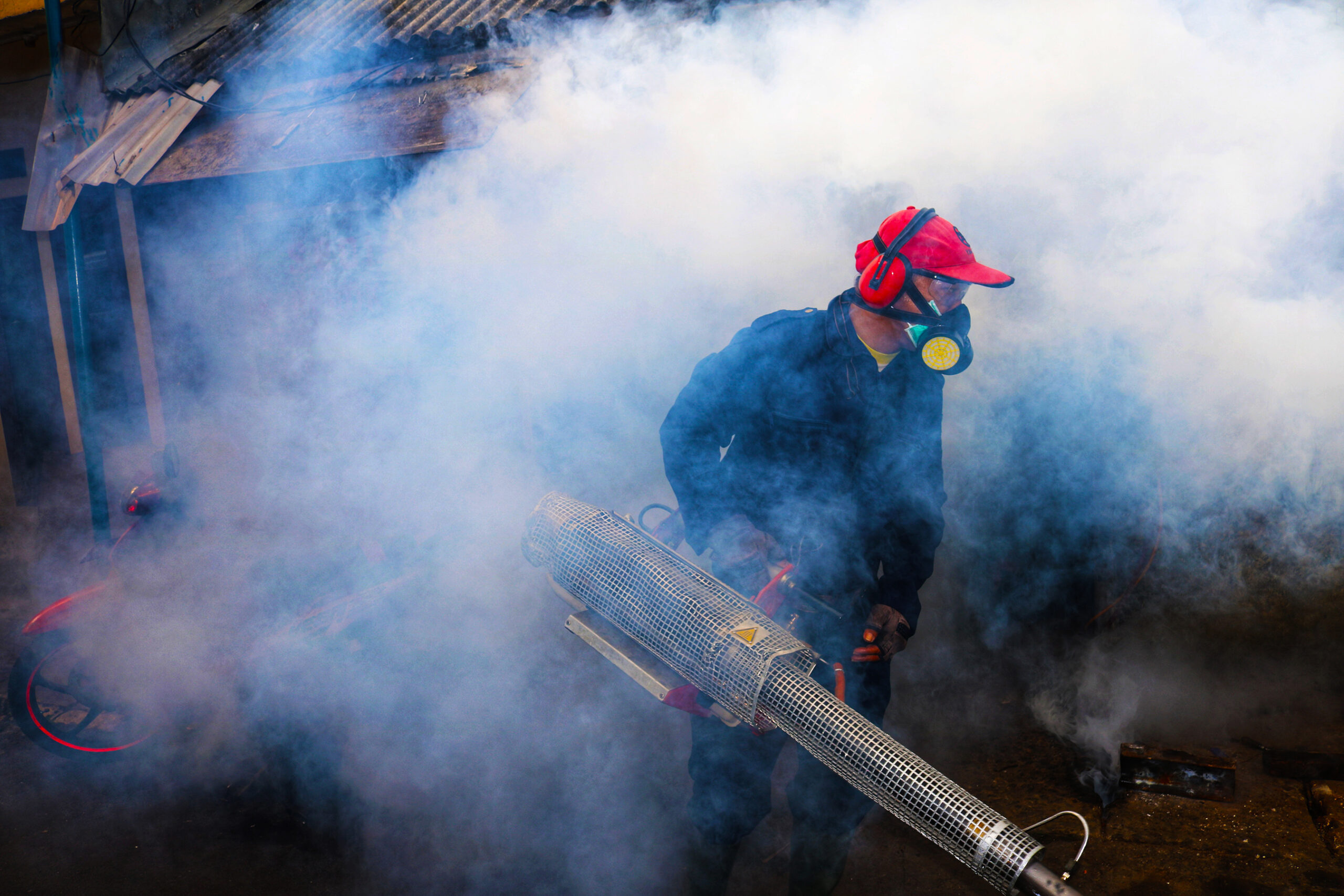
The fight back against Dengue Fever begins as UAE Health Ministry issues urgent guidance and puts all health professionals and hospitals on alert. Here we see the actions of troopers fighting mosquito infestations with smoke guns.
In an exclusive poll of families on Parents United UAE and SchoolsCompared.com Instagram we found increasingly concerned parents – and a massive uptake in mosquito sightings and bites:
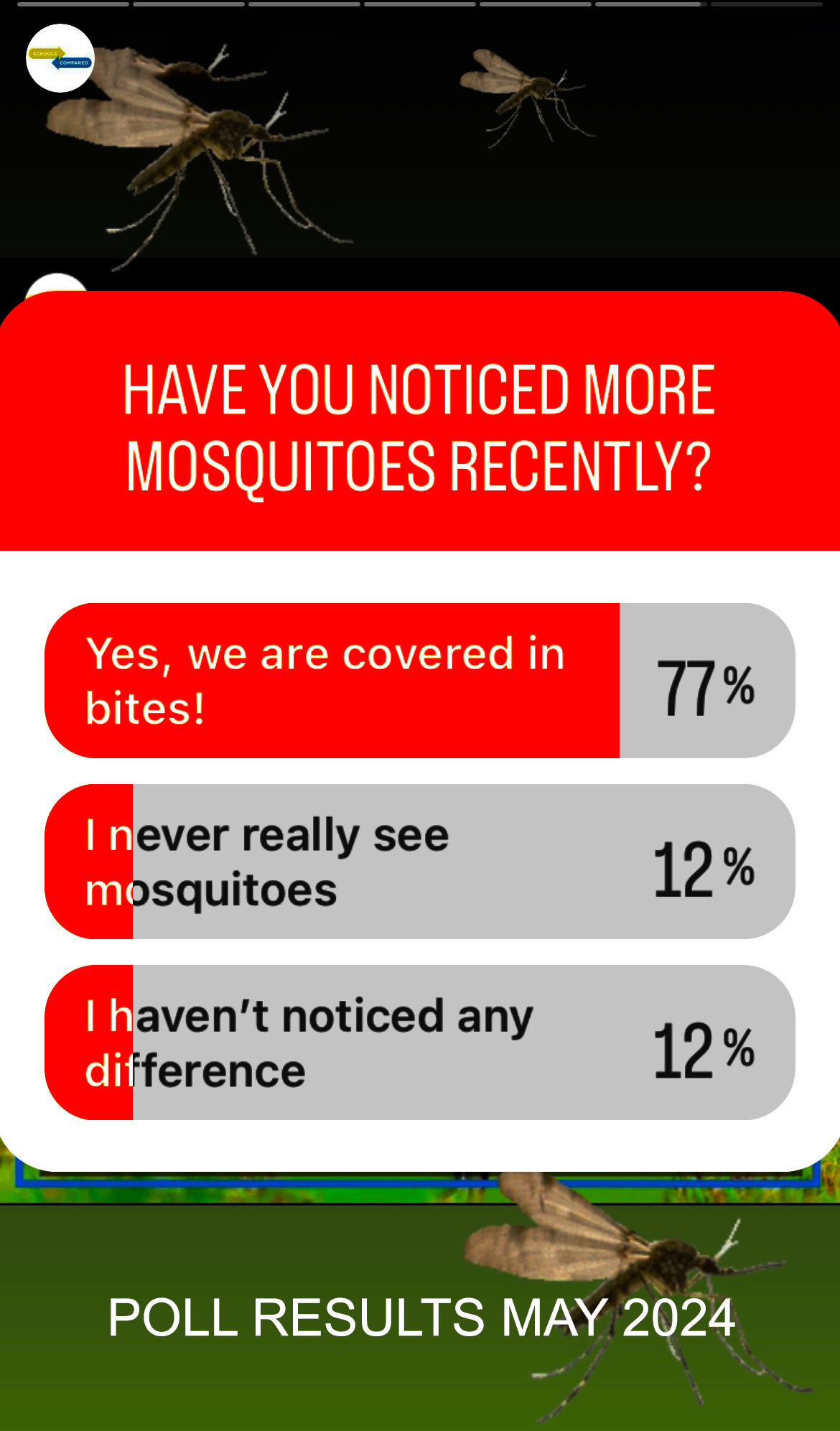
The UAE government is acting:
Powerful new Mosquito Guns able to deal with infestations are also now being made available on Amazon UAE:

as well as smaller Bug-A-Salt guns. You can read a story about how these have been used in the US here. Our recommendation is to seek professional advice before acting.
In a further strengthening of the government fight back to protect us, Abu Dhabi Public Health Centre (ADPHC) has taken over public health pest control services and placed them under its mandate. ADPHC will now deal with the monitoring and control of all pests including mosquitoes in residences, public areas and facilities.
Vacuum, biological, physical control and pesticides have and are being used across thousands of sites to fight back ADPHC has confirmed.
For urgent action individuals, farms and homeowners can Government Contact Centre at 800555 or register a request for help through the TAMM platform.
What is Dengue Fever?
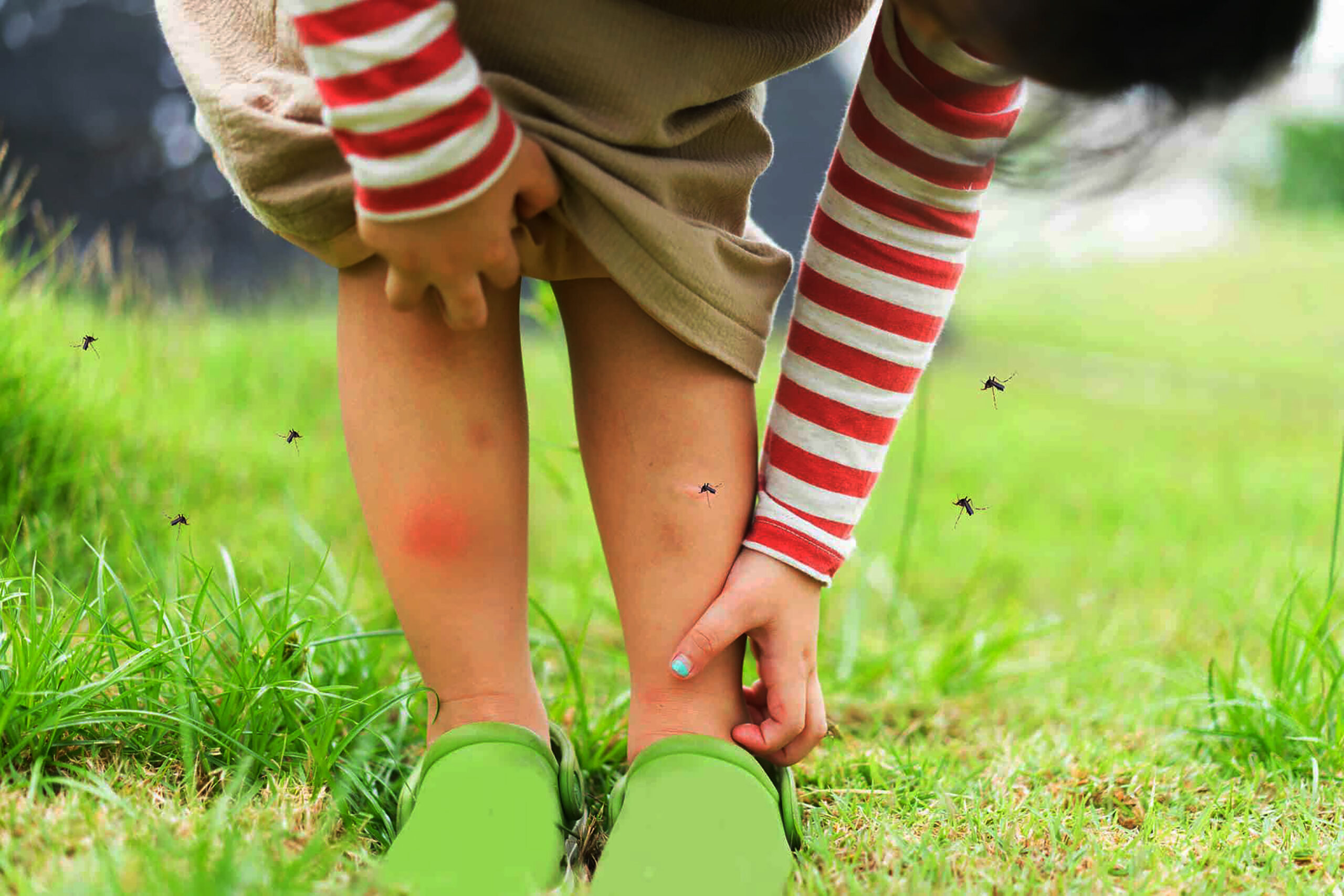
The official guidance states that:
“Dengue is a mosquito-borne viral disease that has rapidly spread in all regions of WHO in recent years, Dengue is widespread throughout the tropics, with local variations in risk influenced by rainfall, temperature and unplanned rapid urbanization.”
What is the threat – and when?
The official guidance warns:
“The Aedes aegypti mosquito lives in urban habitats and breeds mostly in man-made containers. Unlike other mosquitoes Aedes aegypti is a day-time feeder; its peak biting periods are early in the morning and in the evening before dusk. Female Aedes aegypti bites multiple people during each feeding period.”
Not just Dengue Fever
The official guidance states:
“There is a noted global increase in spread of the Dengue Fever infections and other viruses transmitted by the Aedes aegypti mosquito, e.g. Zika virus fever, Yellow Fever and Chikungunya virus.”
Dengue fever is, however, “considered the most common viral disease transmitted by mosquitos.”
Should I be worried? Has the risk increased?

Yes. The official guidance states:
“Dengue cases previously diagnosed in the UAE were mostly travel-related. But during 2023, some cases of dengue fever were confirmed without a travel history. As a result of climate change and the environment conducive to its breeding, the Aedes aegypti mosquito was found in the United Arab Emirates, so the risk of local transmission has increased.”
Is it contagious

No, fortunately and definitively Dengue fever is not contagious, so it can’t spread directly from person to person. It is spread by mosquitoes which thrive in certain severe weather conditions currently being experienced across many countries in the world including the UAE.
Will I know if I have Dengue Fever specifically?
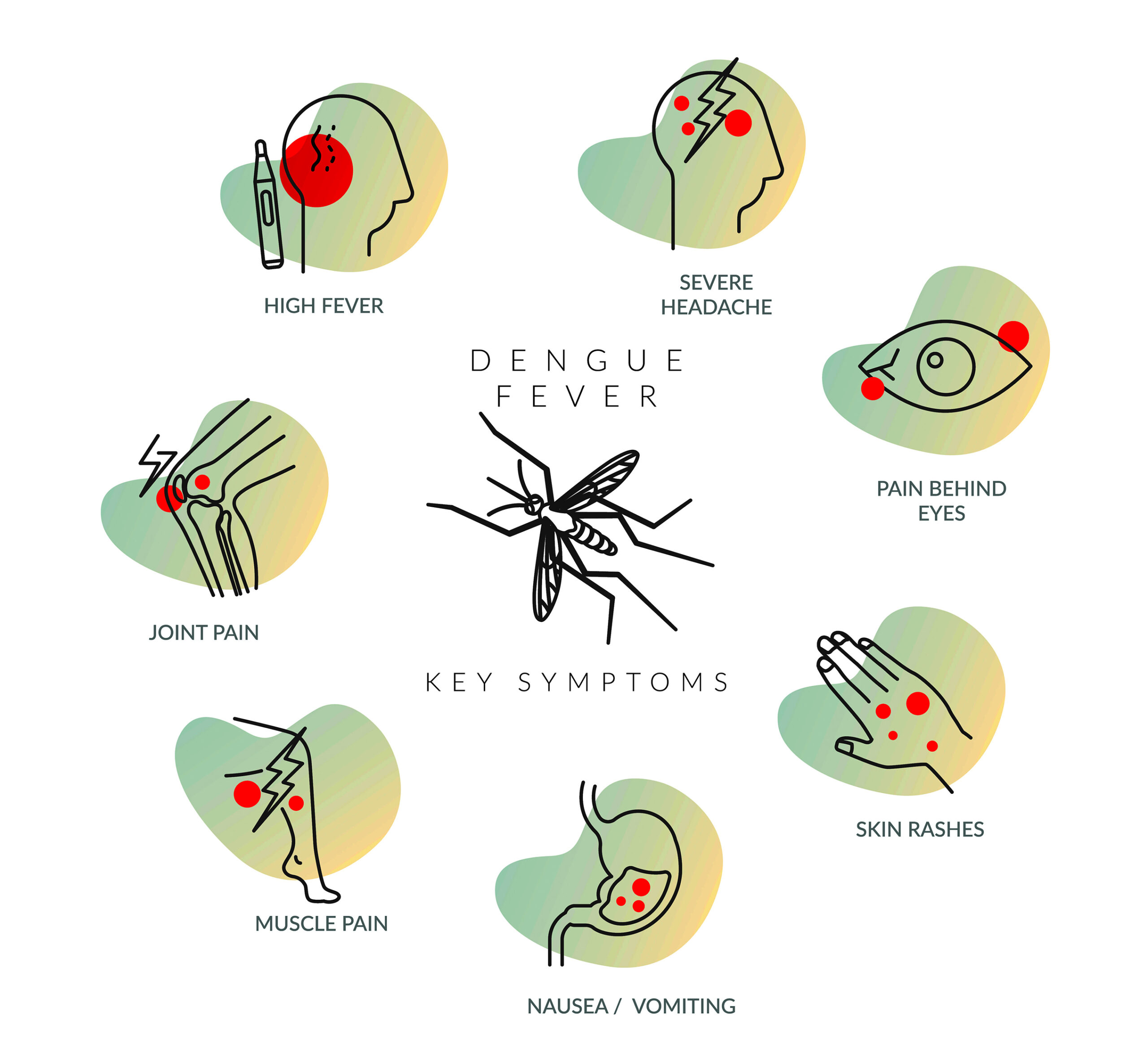
Dengue Fever in the UAE cases rise after weather changes and floods.
No, not necessarily. The official guidance states:
“As Dengue fever presenting symptoms can mimic common febrile illnesses, there is tendency to overlook cases.”
What are the symptoms?
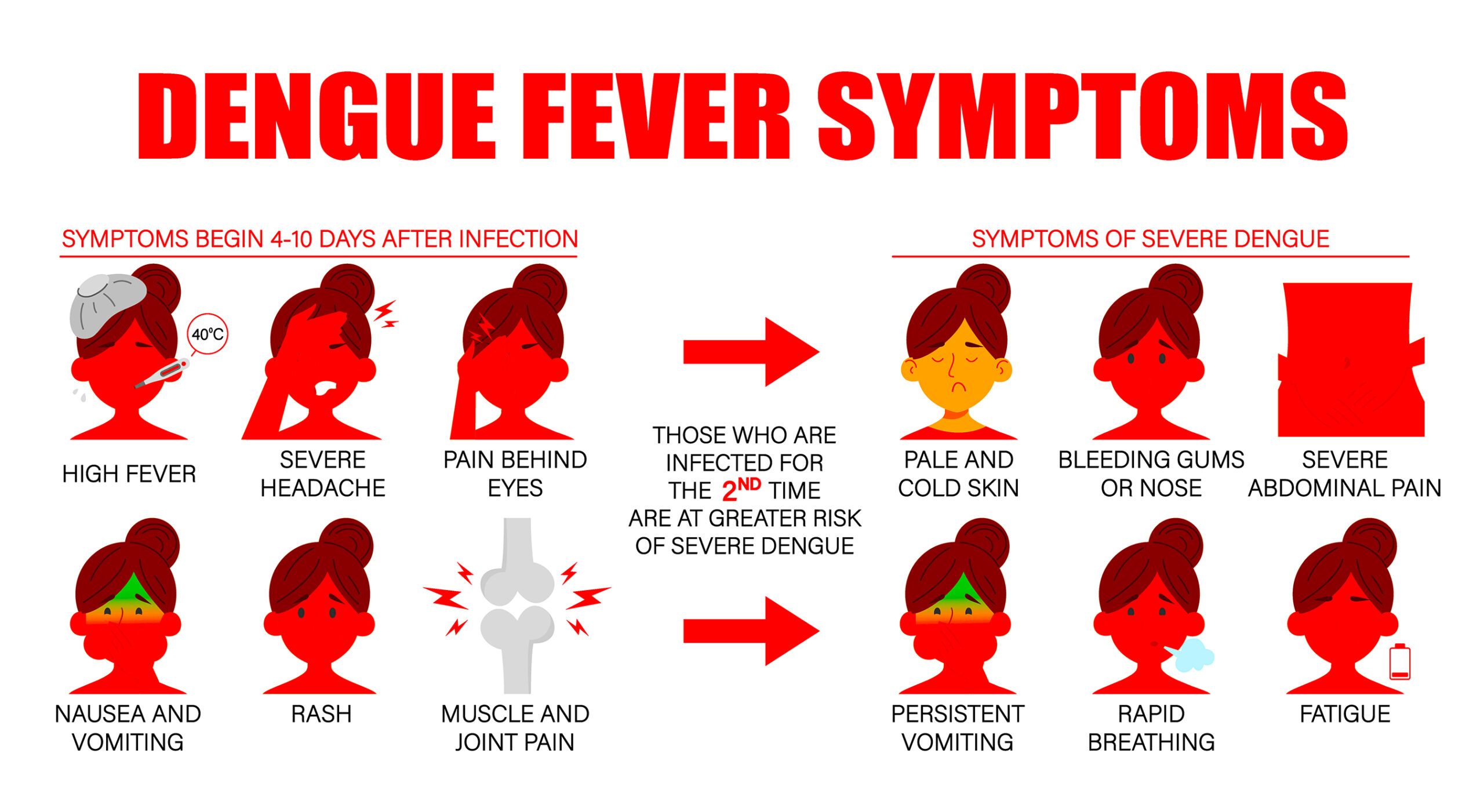
UAE Health Guidance – symptoms to look out for as hospitals and health professionals placed on alert.
The official guidance advises that if you have the following you are at risk and must go to hospital or see a Health Professional. You can also call 998 for an ambulance depending on seriousness:
“An acute febrile illness (2-10 days) defined by the presence high fever (400 C/1040 F), and two or more of the following:
retro-orbital or ocular pain; headache; rash; myalgia; arthralgia; leukopenia; Thrombocytopenia; haemorrhagic manifestations (e.g., positive tourniquet test, petechiae; purpura/ecchymosis; epistaxis; gum bleeding; blood in vomitus, urine, or stool; or vaginal bleeding.
Dengue warning signs; Abdominal pain or tenderness; Persistent vomiting; Clinical fluid accumulation (e.g., ascites, pleural effusion); Mucosal bleeding; Lethargy/restlessness; Liver enlargement >2 cm”
Is there any cure or treatment?
According to the United Nations World Health Organisation there is no specific treatment:
“There is no specific treatment for dengue. The focus is on treating pain symptoms. Most cases of dengue fever can be treated at home with pain medicine.
Acetaminophen (paracetamol) is often used to control pain. Non-steroidal anti-inflammatory drugs like ibuprofen and aspirin are avoided as they can increase the risk of bleeding.
For people with severe dengue, hospitalization is often needed.”
What small steps can I take – and what if I am bitten?
Dubai Municipality has offered advice for basic mosquito bites and protective measures you can take now:

What is happening to keep us safe?
Surveillance is being increased across-the-board. The official guidance states:
“In response to the environmental and epidemiological changes, the Ministry of Health and Prevention recommends strengthening surveillance of dengue virus infection locally. Practicing physicians are advised that dengue fever be considered as a differential diagnosis of acute fevers.”
Health professionals are under a strict legal duty to report cases immediately so we can be protected. The official guidance states:
“Dengue Fever is Notifiable according to Communicable diseases law 14 for the year 2014. Immediate notification is mandatory to the respective health department.”
Health officials are being advised that:
” 1. Cases fulfilling clinical case definition should be investigated according to the below pathway. 2. Immediately notify the respective health department after collecting the sample as suspected Dengue fever. The status to be confirmed on receipt of the laboratory test.3. Provide information to clients on protective actions.”
Will we be tested?

Yes, if you have the symptoms. The official guidance states:
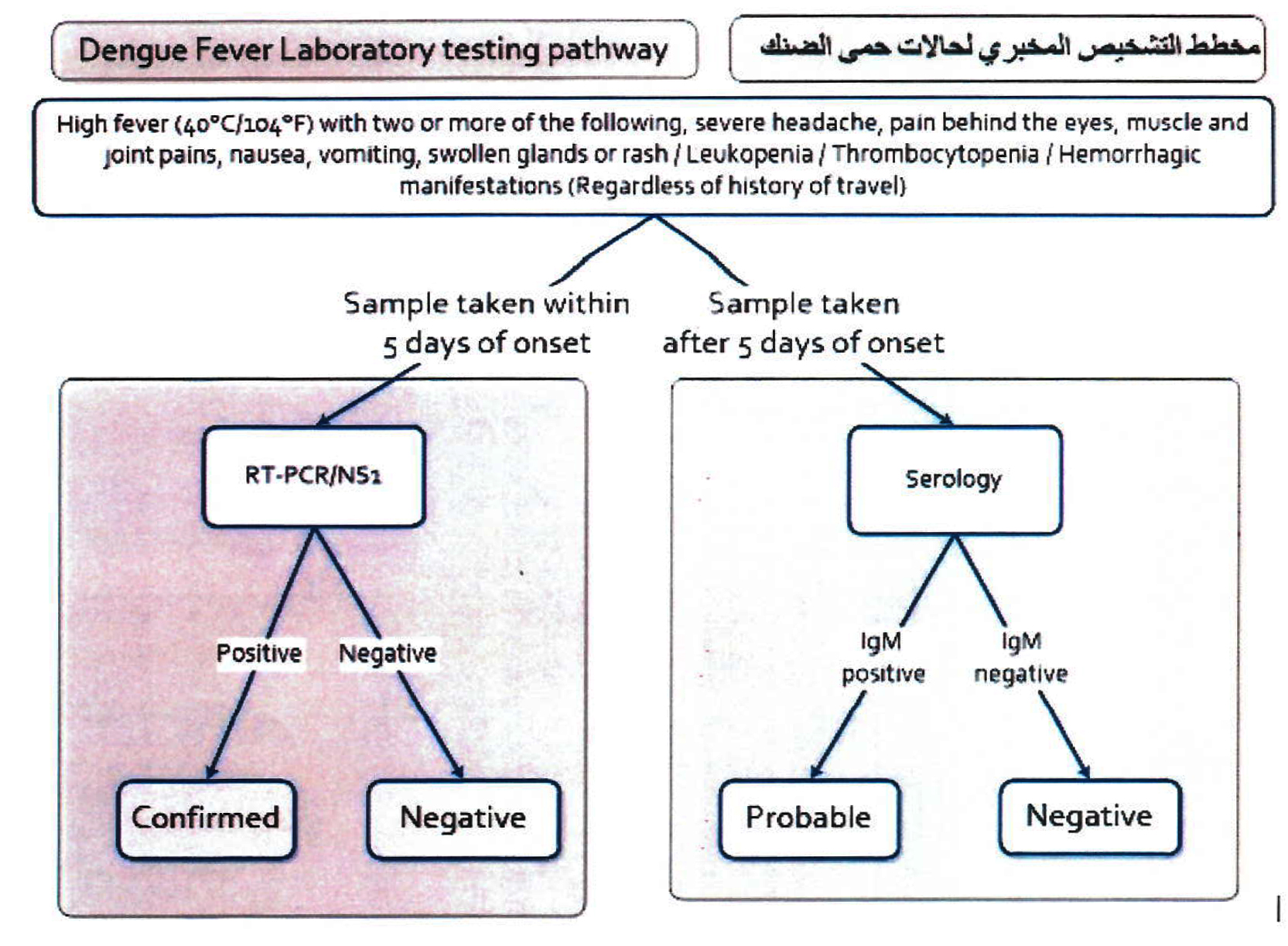
What can we do?
The official guidance is to ensure that we are:
-
disposing of solid waste properly and removing any mosquitoes breeding sites and artificial habitats;
-
covering, emptying and cleaning of domestic water storage containers on a weekly basis; and,
-
using personal household protection such as window screens, long-sleeved clothes, insecticide treated materials, coils and vaporizers.
What does the UN World Health Organisation Say?
The official guidance of the UN reflects those of the UAE government:
“Most people with dengue have mild or no symptoms and will get better in 1–2 weeks. Rarely, dengue can be severe and lead to death.
If symptoms occur, they usually begin 4–10 days after infection and last for 2–7 days. Symptoms may include:
- high fever (40°C/104°F)
- severe headache
- pain behind the eyes
- muscle and joint pains
- nausea
- vomiting
- swollen glands
- rash.
Individuals who are infected for the second time are at greater risk of severe dengue.
Severe dengue symptoms often come after the fever has gone away:
- severe abdominal pain
- persistent vomiting
- rapid breathing
- bleeding gums or nose
- fatigue
- restlessness
- blood in vomit or stool
- being very thirsty
- pale and cold skin
- feeling weak.
People with these severe symptoms should get care right away.
After recovery, people who have had dengue may feel tired for several weeks.”
What does the New Study say about Climate Change?
The new study leaves no room for doubt – the UAE, as all countries, can expect serious impacts from climate and weather changes. Dengue Fever is part of a bigger picture:
“We found over 1,000 different pathways in which the array of climatic hazards, via different transmission types, resulted in disease outbreaks by a taxonomic diversity of pathogens. The sheer number of pathogenic diseases and transmission pathways aggravated by climatic hazards reveals the magnitude of the human health threat posed by climate change and the urgent need for aggressive actions to mitigate GHG emissions.”
You can read the study in full here.
Full Guidance
You can read the full guidance below:
Illness in FloodsFurther information
You can visit the official United Arab Emirates Ministry of Health and Prevention site here.
Read full UN WHO Guidance here.
Visit Save The Children.
Explore Dubai Municipality advice.
If you have any concerns you should contact your health professional or call 998.
© SchoolsCompared.com. A WhichMedia Group publication. 2024 – 2025. All rights reserved.




















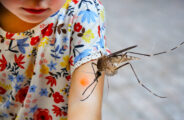





















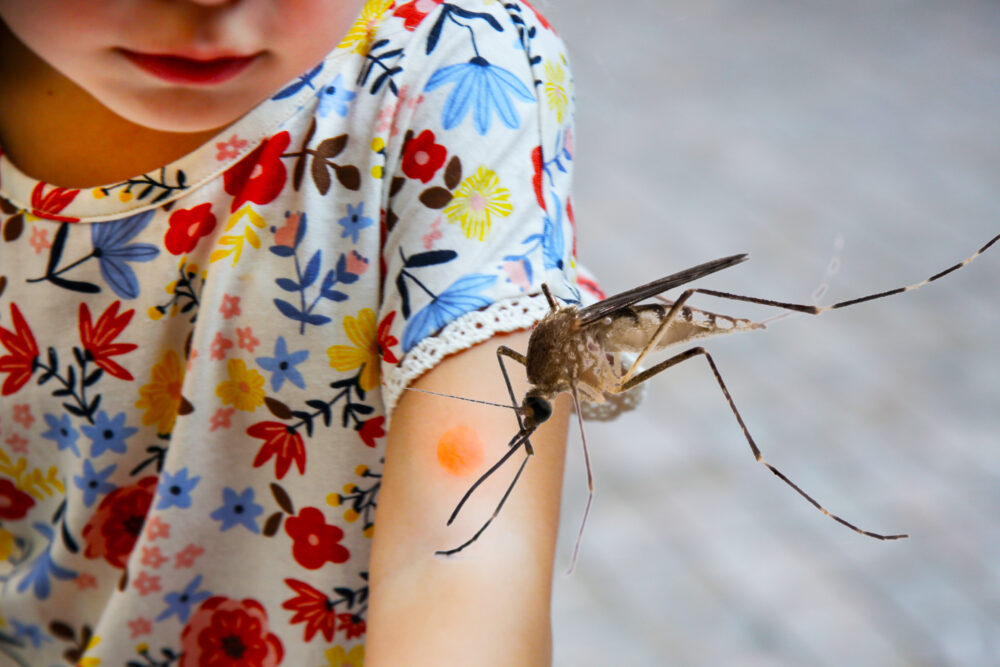


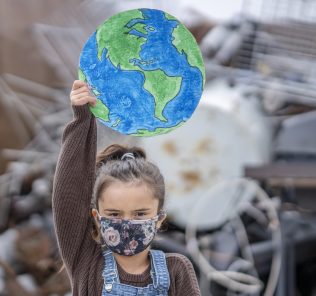
















Leave a Response